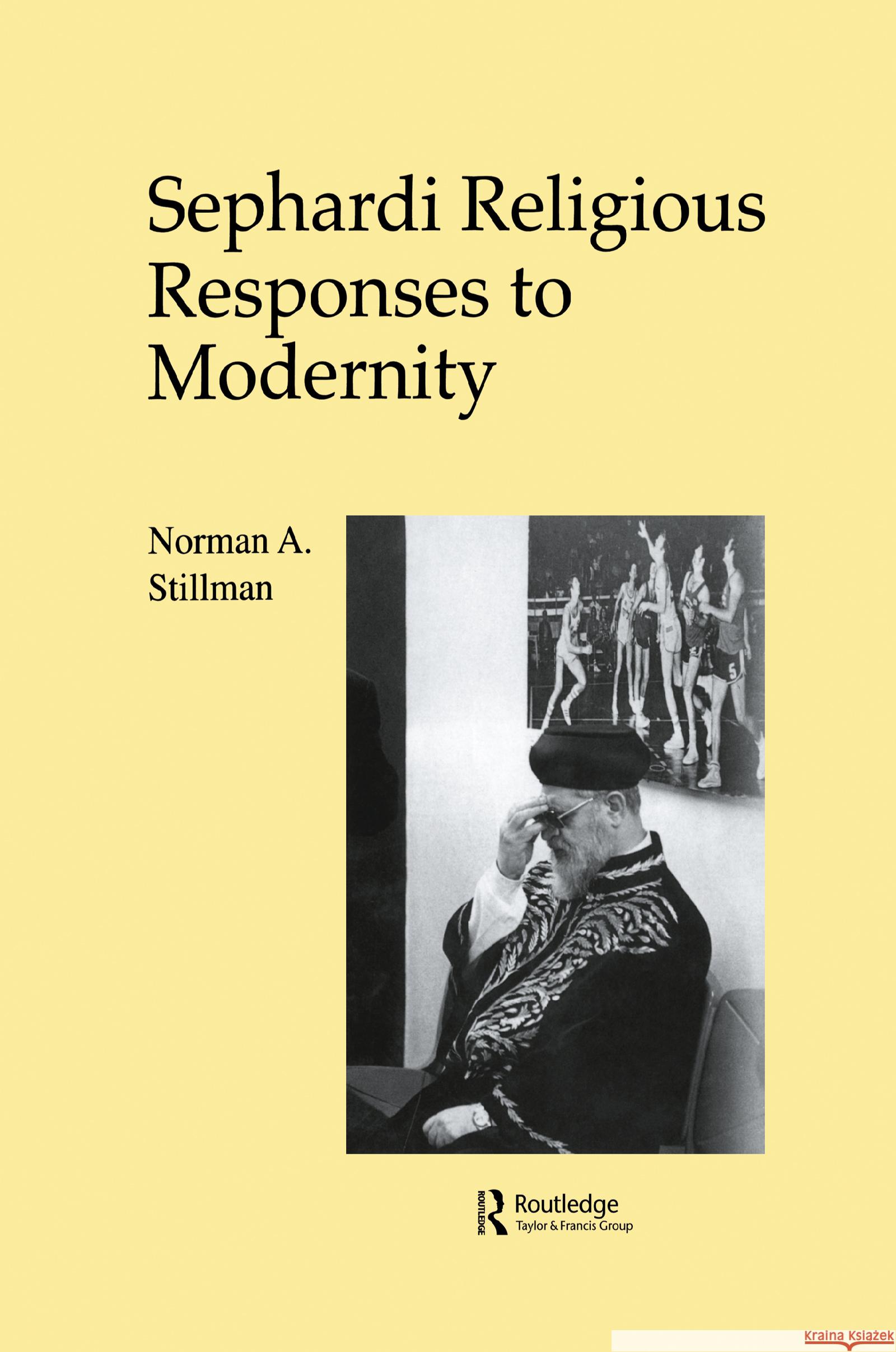Sephardi Religious Responses/M » książka
Sephardi Religious Responses/M
ISBN-13: 9783718656998 / Angielski / Twarda / 1995 / 115 str.
Sephardi Religious Responses/M
ISBN-13: 9783718656998 / Angielski / Twarda / 1995 / 115 str.
(netto: 676,35 VAT: 5%)
Najniższa cena z 30 dni: 654,86
ok. 22 dni roboczych.
Darmowa dostawa!
Throughout the nineteenth century the entire structure of the Ashkenazi world crumbled. What remains of Ashkenazi Jewry today is split into irreconcilable religious camps on the one hand, and a large body of secularized Jews of greater or lesser ethnicity on the other. The Sephardi and Oriental Jews, who form the other great branch of world Jewry, had a very different encounter with the forces of modernity. This book examines some of their responses to its challenges. The Sephardi religious leaders, who had been historically more open to general culture, reacted with neither the anti-traditionalism of Reform Judaism nor the Ashkenazi ultra-Orthodox's uncompromising rejection of everything new. Their response was rather one of active and creative halakhic engagement coupled with a tolerant attitude toward the growing secularized elements of their communities. Much has been written on the social, economic, and political transformation of Sephardi and Oriental Jewry in the modern era. However, this is the first book in English devoted to the religious changes taking place in this important segment of Jewry which now constitutes the majority of Jews in the Jewish state.











